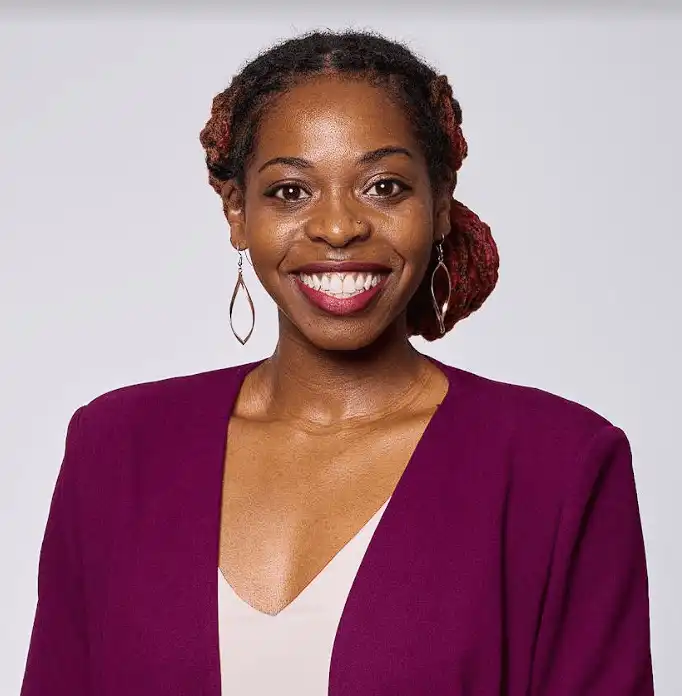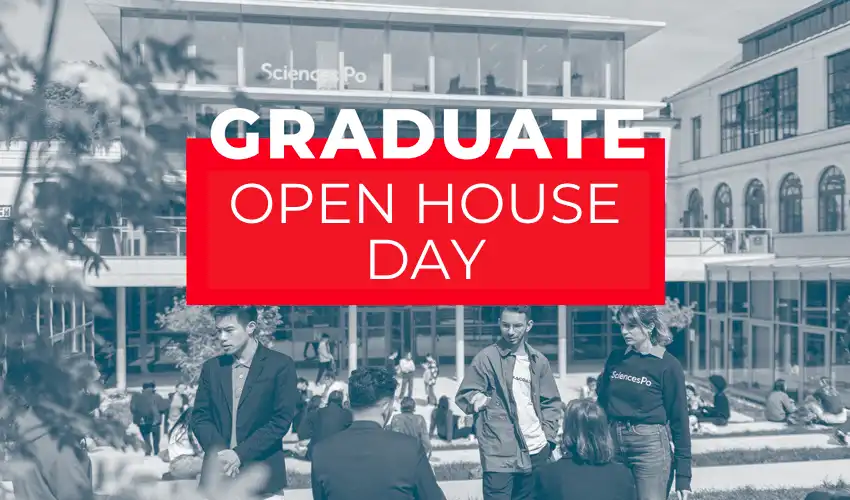Home>Aniya, Associate Research Lead, Innovation for Policy Foundation
05.03.2024
Aniya, Associate Research Lead, Innovation for Policy Foundation
Coming from the United States, Aniya Hamilton has graduated in International Development, with concentrations in Global Health and Project Management. Currently, she serves as the Associate Research Lead at the Innovation for Policy Foundation (i4Policy), a fully remote organization with strong ties to the African continent.
What are your main responsibilities?
As the Research Associate at the Innovation for Policy Foundation, my core responsibilities include leading research initiatives and developing methodologies focused on enhancing political processes to boost citizen engagement. This work primarily targets historically underrepresented communities, aiming to foster collaboration between citizens, communities, and governments for co-creating future policies and initiatives.
Currently, I am spearheading the development of two key resources: the Policy Hackathon Handbook and the Handbook on Distributed Deliberative Consultation Methodology. Both projects are designed to strengthen the ties between citizens, communities, and governments, encouraging collective policy creation.
In collaboration with UNESCO, I am also authoring a case study that showcases a novel approach to global citizen engagement on the Guidelines for the Governance of Digital Platforms. This multistakeholder consultation, recognized for its unprecedented nature within the UN system, illustrates a successful partnership between UNESCO and i4policy in promoting both digital and in-person civic participation. The study demonstrates the efficacy of i4policy’s process used to mobilize over 1,600 more people from 70 different countries to contribute their input. Strikingly, 72% of these individuals were participating in a public consultation for the first time in their lives!
My role involves project management, drafting communications, and producing reports. The most crucial skills for my position include research proficiency, effective communication, project management, and a deep understanding of digital engagement strategies.
How did you prepare for this job?
To prepare for this job I honed in on my research and communication skills while at SciencesPo so when an opportunity came my way, I’d be ready. Although I did a lot of networking throughout my time at SciencesPo, I ended up discovering this organisation through a friend, and ScienesPo Alumnus who, due to time constraints, recommended me to i4Policy to write a Policy brief on digital transformation in Africa from the perspective of the Youth. Subsequently, I interned with them, and then UNESCO so that I could get experience with both an NGO and an international organisation. Ultimately, I chose to join Innovation for Policy full-time to gain more hands-on experience and play a more direct role in transforming political processes before transitioning into the IO sector.
What is the most fascinating part of your job?
I love the fact that my job allows me to take part in creating and advocating for political processes that seek out the voices of people in even the most remote parts of the world. After spending three years in Togo, West Africa as a Peace Corps Volunteer and later an entrepreneur in Education I found that one of the major hidden challenges people were experiencing was that policies were being made without their input and were therefore often not reflective of their needs. Since then, I have worked diligently to find ways to influence policy-making, ensuring that citizens, especially those from historically underrepresented communities, not only have a voice in policy-making processes but that their perspectives are genuinely considered and integrated into policies. The future should be co-created!
How did your PSIA experience contribute to the position you hold today?
My PSIA experience allowed me to refine my research and writing skills, which undoubtedly contributed to my success in my current role. Furthermore, being a part of such a culturally diverse program afforded me the chance to listen to, understand, and navigate various perspectives and lifestyles which is important when you work to make policy-making processes more inclusive. Lastly, the third-semester internship offered me the opportunity to spend more time with the foundation I currently work for, allowing me to demonstrate my abilities and gain a deeper understanding of the significance of our work.
What advice would you give to current students?
As I reflect on the six months of transitioning from student life to starting my career, the advice that kept me thriving was, "Run your own race and allow time and patience to work its magic in your life." Spending months searching for a full-time job after graduation can evoke feelings of doubt and sadness. I often found myself wondering, "When will my time come?" However, as a firm believer in the power of patience and hard work, I chose not to dwell on what I lacked or what others seemed to have. Instead, I shifted my mindset to focus on what I did have: extra time to enhance my skills and pursue my passions, opportunities we often dream of. During this period, I earned my Project Management Professional Certification, volunteered as a content creator for an NGO, and honed my volleyball skills. Your time will come; just keep swimming!

